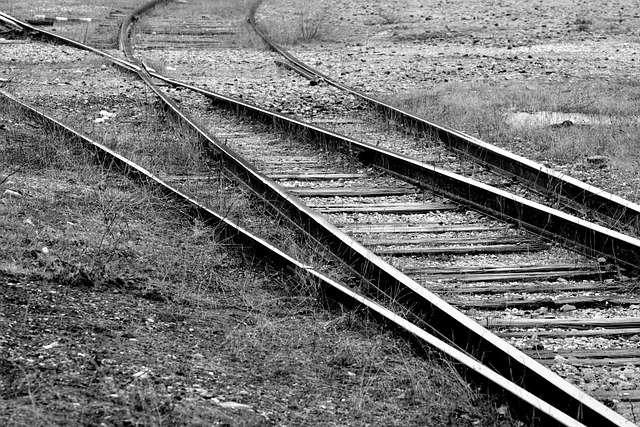
Faced with two possible paths, indecision is our worst enemy.
Indecision is the absence of decision : that is, the lack of resolution . He who is undecided about something has not made a determination about it.
Some examples
Below we offer three example sentences to see the term in context: «The country cannot be at the mercy of the president's indecision, that is why it is essential that the president expresses himself as soon as possible» , «My boyfriend's indecision is making me bad» , «Every time I enter a store, I am attacked by indecision since I don't know whether to buy or not» .
In the first example we talk about a president who is characterized by his indecision. This trait is one of the worst that a person who is in charge of a country could have, since both in international relations and in national issues they should be able to promote measures in an agile way and thinking about the future. The second shows the frustration that the couple's indecision can cause, while in the last the sender expresses that this characteristic prevents him from making his purchases spontaneously.
There is no life without decisions
It is important to mention that the need to make decisions is almost constant. Everyday life leads people to have to choose between different alternatives at every step: some of these decisions are very important and others are inconsequential or not very relevant.
When someone cannot decide, they show their indecision. This can occur for multiple reasons, such as fear of the possible consequences of the decision or lack of self-confidence .
Indecision is often associated with insecurity . The individual does not feel safe to choose, thus postponing the decision . Due to this attitude, sometimes another person ends up deciding for the undecided person.
Unique opportunities
Indecision is the worst enemy of people who face crucial moments in their personal, student or work life. Those situations in which we must act in time, which do not offer us second chances , are those that require an almost immediate reaction and test our decision-making capacity and our determination. The consequences of indecision in these cases are very varied, since they depend on each particular case, but they are never positive and are usually accompanied by deep regret and a lot of frustration.
Suppose a young man receives a job offer . The boy is working in a company and, if he accepts the proposal, he should resign his position to join the other company. This situation causes him anxiety since he cannot convince himself which would be the best option for him: staying with his current job or opting for a change. As his indecision continues over time, finally the entity that wanted to hire him withdraws the offer. Thus this worker ends up losing the possibility of deciding what to do.

If indecision attacks us when faced with a unique opportunity, we can lose it forever.
If said job was really tempting for the boy or, worse still, if it were his dream job, the weight of not having made a decision in time could haunt him for the rest of his life. We know that the best opportunities don't usually present themselves more than once, and once is more than most of us can expect. Letting them pass can become a sentence we impose on ourselves, much worse than not having received them.
Needless to say, a life or death situation for a loved one in which their health depends on our decisions is much more important. Not acting or doing so with too many doubts in a case like this borders on the unforgivable. However, without our personality preventing us from reacting immediately and “without thinking,” there may be nothing we can do to avoid indecision.
